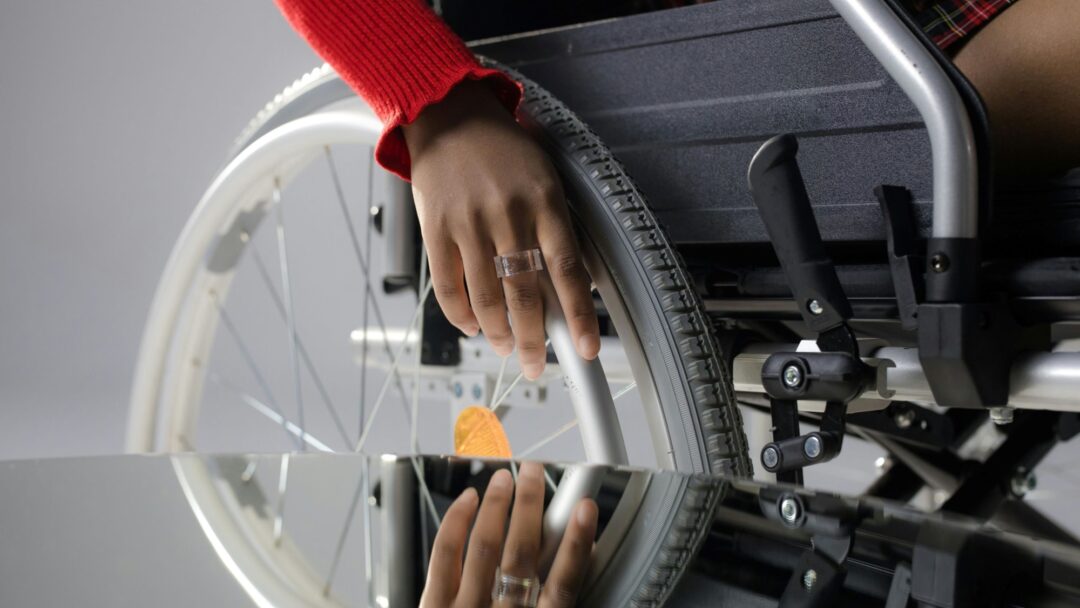News
Members of the disability community are demanding a national protocol to ensure equal access to healthcare services for people with disabilities, according to Physical Disability Australia, a dedicated advocacy group for those with physical disability.
It comes after Award-winning lawyer, artist and adaptive fashion designer, Carol Taylor, who uses a wheelchair, was diagnosed with an aggressive Stage 2, triple-positive breast cancer three weeks after being denied a mammogram on the basis of her disability.
I was recently denied access to a life saving mammogram on the basis that I couldn’t complete a ‘standing transfer’. I believe this was a direct result of assumption and ignorance
Carol Taylor
“Mammograms can be performed from a wheelchair,” the advocate argues. “I know this because I insisted on one, and it was done with little additional fanfare or adjustment required.”
Sadly, Ms Taylor’s experience isn’t uncommon.
Yi Yang is a Research Fellow with the Melbourne Disability Institute. Her work focuses on reducing health inequalities faced by people with disability.
“When you look across the whole cancer journey, from cancer screening participation stage at diagnosis to mortality from cancer, people with disability do much worse,” she says.
Ms Yang believes there are many underlying issues causing people with disability to miss out on cancer screening programs.
“Buildings where services are provided, medical equipment used to do screening and information provided for screening…may not always be accessible,” she explains.
Ms Taylor argues the problem lies within a framework of inconsistent policies, outdated assumptions, and infrastructure that fail to accommodate diverse bodies.
One state requires transfer into a manual wheelchair, another excludes electric wheelchairs altogether. Some states publish vague caveats like “it may not be possible"
Carol Taylor
The fashion designer argues that equipment and procedures themselves are often not the issue, but rather social bias, lack of knowledge and attitudes.
“Life-saving services such as mammograms should not be contingent on…someone’s ability to “fit” a guidelines” she says.
Melbourne Disability Institute Research Fellow, Yi Yang, says there are solutions to making sure people with disability have equitable cancer outcomes.
“Designing prevention interventions with people with disability so that these interventions can actually work effectively,” Ms Yang explains.
“We need to ensure people with disability have a voice which means we need to support people with disability better and involve them in the conversations about their own care.”
As for Ms Taylor, she is scheduled to present a webinar about what is and isn’t working in the provision of healthcare for people living with disability, hosted by Physical Disability Australia.
If you would like to know more about the session, click here.
